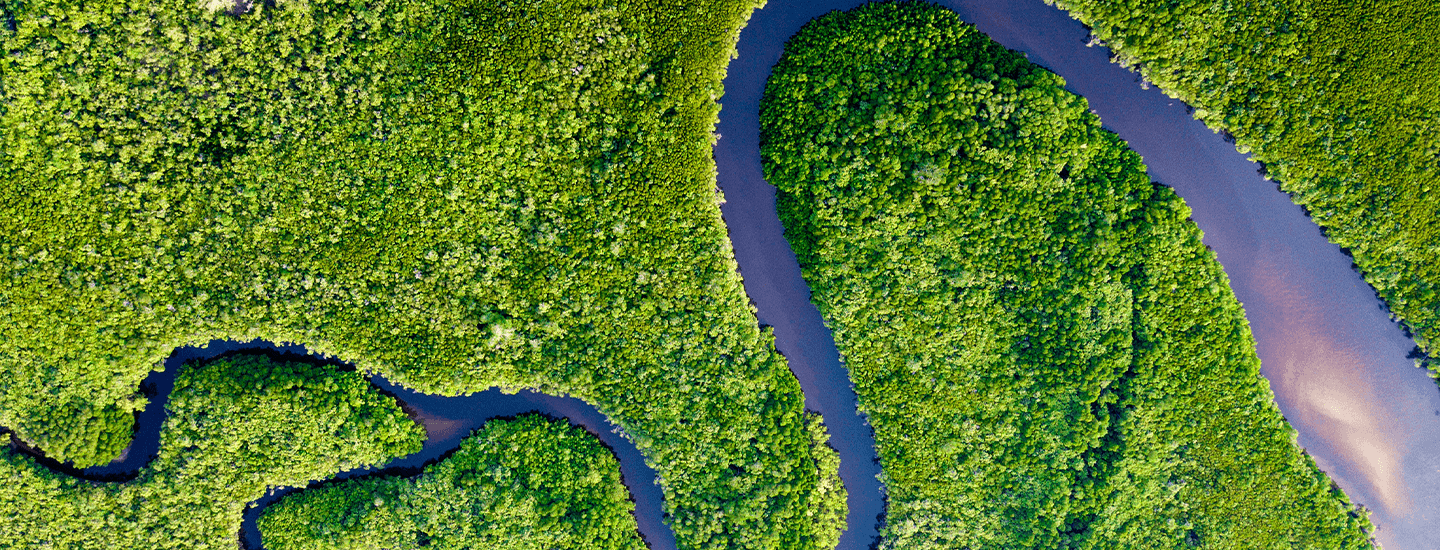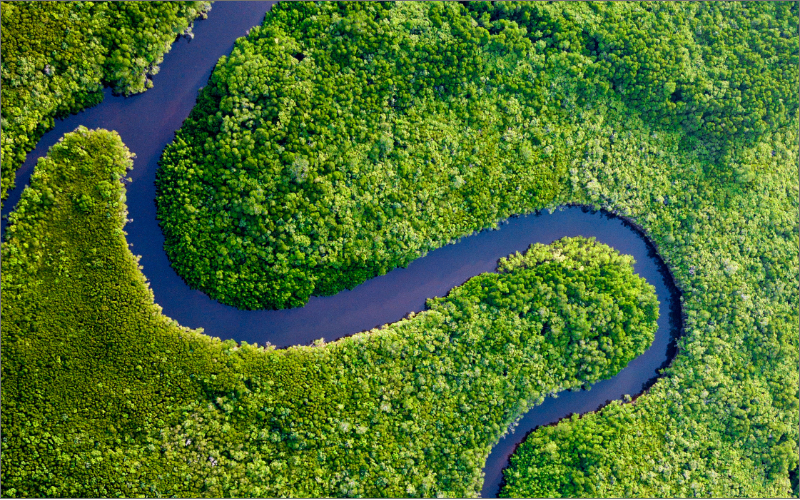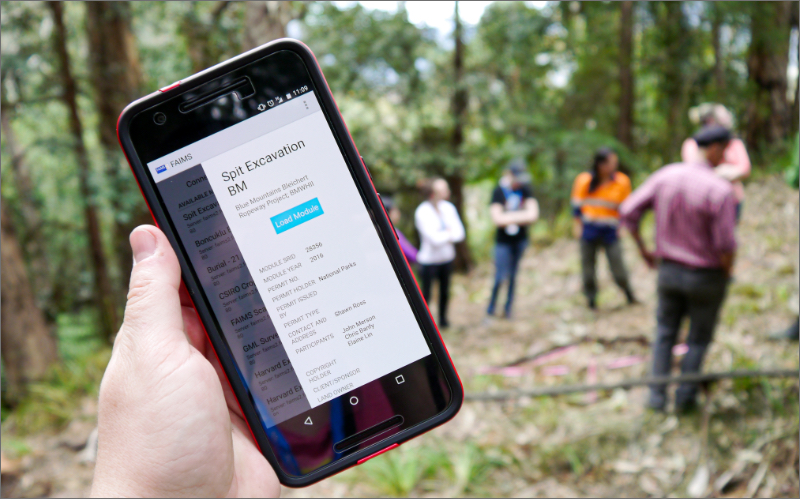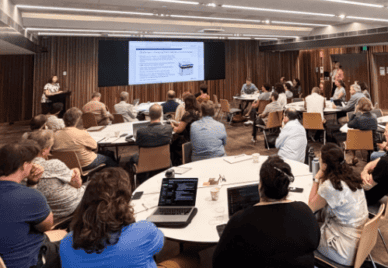Planet Research Data Commons
About the Planet Research Data Commons
The ARDC Planet Research Data Commons (Planet RDC) provides national-scale data infrastructure for environmental and earth science researchers, policy makers and decision makers, and research data managers.
The Planet RDC brings together research, government and industry to develop systems and processes that make data more available and speed the development of analytics and models. This will help us understand the environment and address some of the most complex, interconnected and integrated challenges facing society.
It leverages the ARDC’s decade of expertise in delivering earth and environment-related research data infrastructure.
The release of the 2021 State of the Environment report documents an unprecedented rate of deterioration in the state of Australia’s environment. The report highlighted that:
“Better coordination of data and the introduction of national environmental standards will provide a direct mechanism for agreement between all jurisdictions, leading to improved environmental reporting at all levels. There is also a clear need to empower Indigenous communities to manage the culturally appropriate collection and integration of data.”
As noted in the review of the EPBC Act (Samuel 2020), “better data and information are needed to set clear outcomes, effectively plan and invest in a way that delivers them, and to efficiently regulate development.”
The national data landscape for environmental and earth science research is rich, diverse and complex – spanning multiple sectors, jurisdictions and data modalities. There is a critical need for digital research infrastructure that can support integrated and seamless national-scale research. Researchers need digital research infrastructure that enables the sharing and reuse of earth and environmental data. Environmental managers and policy makers need trusted data supply chains and tools that enable them to make data-driven decisions.
With the help of shared, accessible data and digital research tools, researchers can tackle the big challenges for our planet, which include adapting to climate change, saving threatened species, and reversing ecosystem deterioration.
A Thematic Research Data Commons (Thematic RDC) is a vehicle for the ARDC and our national partners to collaboratively develop and deliver sustainable digital research infrastructure on a national scale. It will enable us to best meet the needs of our diverse national research communities in a strategic and comprehensive way.
The Thematic RDCs are enduring initiatives, with the digital research infrastructure capabilities being sustained and enhanced over the long term.
The Planet RDC is applying ARDC capabilities and expertise in digital research infrastructure to national challenges in the earth and environmental science domains. The Planet RDC has 4 focus areas, which were identified through our consultation process.
The initiative is delivering interconnected and enduring digital infrastructure and establishing strong research translation pathways between research, government and industry. This will be delivered as a set of complementary activities that align with and extend the capabilities of our partners in national research infrastructures, government and industry.
The Planet RDC’s 4 Focus Areas
The Planet RDC will deliver infrastructure in 4 focus areas:
1. Trusted Environmental Data and Information Supply Chains
2. Integrated Fair Datasets and Services
3. Planet Infrastructure (Networked Modelling, Analytics and Decision Support)
4. Indigenous Data Governance and Skills.
The 4 focus areas are integrated through overarching use cases based on the data infrastructure needs of government, research and industry in selected regions of national interest and priority.
The following describes outputs and outcomes for the 4 focus areas. Projects to support our focus areas are currently in development. To learn more or get involved, please register your interest or send us an email.
1.1 Exemplar trusted environmental data and information supply chains (TEDISCs).
We’re working with research, government and industry to establish ‘trusted data and information supply chains’ (TEDISCs) for at least 3 priority regions in Australia.
TEDISCs require an effective system of data-sharing agreements and information systems that can talk with each other, and reliable data and analytics products.
The 3 exemplar projects will be in distinct regions with high biodiversity value, different pressures on the environment, and diverse stakeholder groups, including Traditional Owners, industry, NGOs, government and academia.
Overall, regional TEDISCs will:
- provide a ‘whole-of-region’ overview of the stakeholders, research, monitoring and trusted model outputs to understand ecosystem processes, trends and enable prediction for a region.
- deliver trusted and secure data and information supply chains that are used for research, government and industry
- produce repeatable processes, governance mechanisms, data sharing arrangements and data infrastructure that can be used across future TEDISCs.
This program is currently in development with partners. View the program guidelines for trusted environmental data and information supply chains.
2.1 National-scale integrated datasets and services
This program focuses on the creation and retention of national scale integrated and standardised datasets and/or services that have been identified in the Planet RDC national consultation process.
We will partner with organisations to ensure datasets can be maintained and updated, and utilise ARDC services and best of practice methods.
This activity will:
- improve the discoverability, availability and integration of national scale datasets for reuse by researchers, government and industry
- integrate datasets that are compatible with national services for analysis, visualisation and modelling
- uplift FAIR data management skills for the earth and environmental science communities, with a focus on community agreed vocabularies and persistent identifiers
- share known and published standards for each dataset to allow additional contribution from researchers, government agencies and industry.
2.2 Domain Data Portals
The Planet RDC consultation process revealed that research is being hampered by the inability to find and discover domain and discipline-related data. The Domain Data Portals program will systematically create national federated data portals and associated infrastructure for partner organisations, such as the National Environmental Science Program (NESP) hubs, or specific disciplines using ARDC Research Data Australia.
Overall, this program will:
- improve the discoverability, availability and integration of national scale datasets for reuse by researchers, government and industry
- develop infrastructure and software to allow the development of Domain Data Portals across a variety of disciplines and domains
- create integrated datasets that are compatible with national services for analysis, visualisation and modelling
- uplift FAIR data management skills at partner organisations, in alignment with the National Persistent Identifier Strategy
- establish known standards per dataset to allow additional contribution from researchers, government agencies and industry.
2.3 Interoperability uplift and FAIR implementation profiles (FIPs)
This activity will support the data management and research communities in identifying and incentivising cross domain interoperability capability and uplift in data standards. The activity will adopt the CODATA WorldFAIR approach and work with research communities and National Earth and Environmental Facilities Forum (NEESFF) to design, develop and adopt 5 draft FIPs relevant to domains of marine, terrestrial, biodiversity, atmosphere and freshwater. This activity will be designed and delivered through the business units.
Outcomes of the activity will be:
- create domain applications of FAIR Implementation Profiles
- document and publish a strategy and process for adoption of FIPs in Australia
- develop an ARDC technical capability and capacity to store and publish FIPs
- develop an Australian FIP adoption community of practice.
3.1 Modelling, analytics and decision support infrastructure (MADSI)
MADSI will help research and government sectors discover, run and network trusted environmental analytical and modelling tools and outputs. It will develop enduring national infrastructure and services by building on and supporting existing research platforms. This will enable faster and more efficient deployment of cloud-based modelling, analytics and decision-support capabilities.
Overall this program will:
- develop and sustain research platforms for modelling research communities.
- develop a modelling commons and associated infrastructure for the sharing of scientific models and their outputs so that they can be re-used and integrated with models from other disciplines.
View the program guidelines for Modelling, Analytics and Decision Support Infrastructure (MADSI).
3.2 National machine observation data processing infrastructure
Environmental scientists are faced with a mismatch between the ever-growing volume of raw data from camera traps, acoustic recorders and drones and the ability to store, process and analyse the videos, images, and audio recordings at a national scale.
This program will support the operation of national platforms for ecoacoustics, drone and camera trap data. Consultation is underway to establish a national capability that supports and synthesises data from machine-based observations that’s supported by dedicated storage and a high throughput computing pipeline.
Overall this program will:
- provide infrastructure to enable researchers to advance their understanding, monitoring and surveillance of the environment
- enhance the interoperability of data across domains, disciplines and sectors to support multidisciplinary research
- create more efficient workflows that enable researchers to focus on research rather than data wrangling
- enable continental-scale monitoring on a national scale through improved capability and capacity.
Learn more about the National Machine Observation Data Processing Infrastructure program.
4.1 Indigenous Data Governance, and implementing the CARE principles
This program will build the capability of earth and environmental research infrastructure providers and research organisations in Indigenous Data Governance and the CARE principles.
Overall this program will:
- strengthen institutional and organisational capacity and capability to respond ethically to Indigenous data rights and interest
- create and update policies and practices across the data life cycle and infrastructure
- establish communities of practice that have a shared vision and mission towards Indigenous data and CARE.
Collaboration
The ARDC is developing and delivering digital research infrastructure in the Planet RDC through collaborative partnerships with Australian organisations, including the public and private sector, research institutions (such as universities and publicly funded research agencies), research infrastructure providers such as NCRIS facilities, and other relevant stakeholders. Learn more about the Planet RDC’s co-design process.
We invite interested participants to register their interest to receive invitations to events and updates on the program. Get involved now if you are in any of these communities:
The Outcomes
The Planet RDC will deliver national data assets and digital capabilities to support environmental and earth science research and evidence-based decision making. This will include:
- integrated FAIR data assets to enable multidisciplinary research
- collaborative analytics and decision support platforms
- infrastructure to enable trusted models to be shared, reused and networked to solve complex multidisciplinary challenges
- exemplar trusted data and information supply chains for selected priority regions
- skills, governance, policy, technology, collaboration and participation frameworks to enable success.
The expected impacts of the Planet RDC include:
- faster research through access to datasets, models, workflows and analytic tools
- improved evidence-based environmental and earth science decision making by policy makers and managers
- enhanced opportunities for cross-sector and multidisciplinary research nationally and internationally.
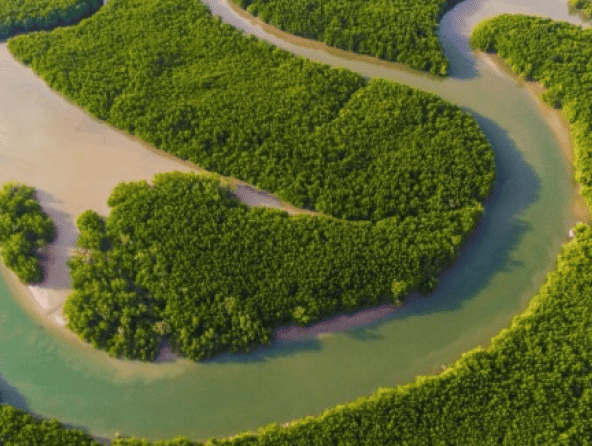
Our Work
Explore the programs we lead under the Planet RDC. More programs are under development.
Our Impact
We have been supporting world-class earth and environmental science research with real-world impact. Read case studies of some of these efforts, on which we are building the Planet RDC:
Resources for Researchers
The Planet RDC builds on the ARDC’s experience working in partnerships to deliver digital research infrastructure for earth and environmental science researchers, which has culminated in a wide range of datasets, free tools and upskilling materials. Explore these resources.

